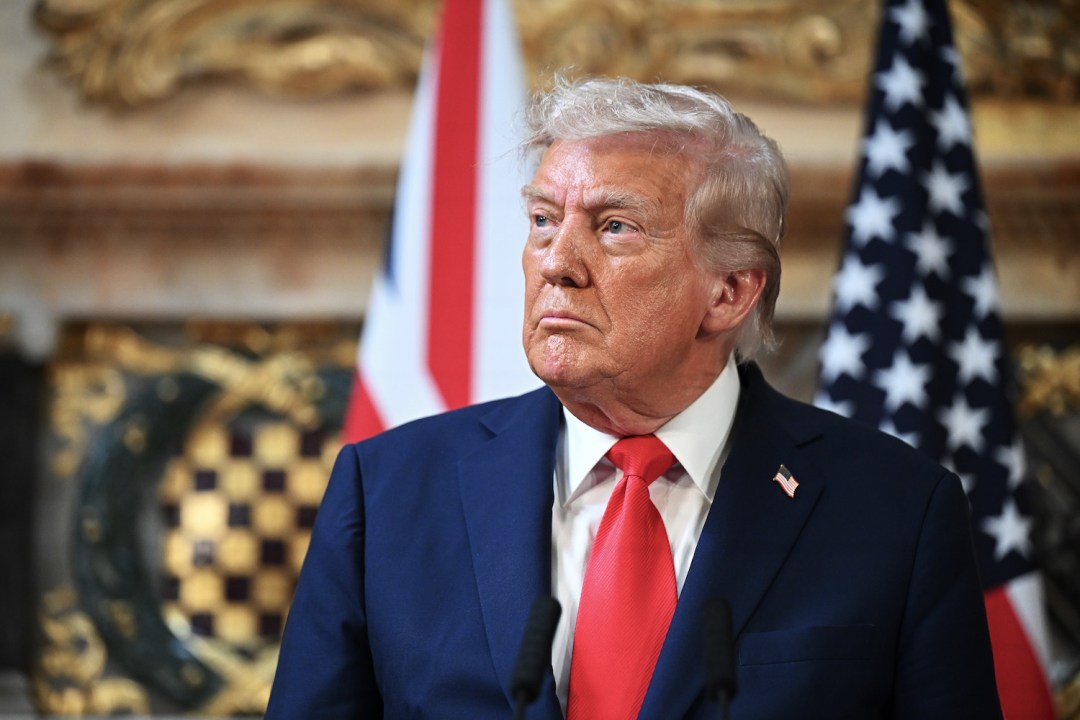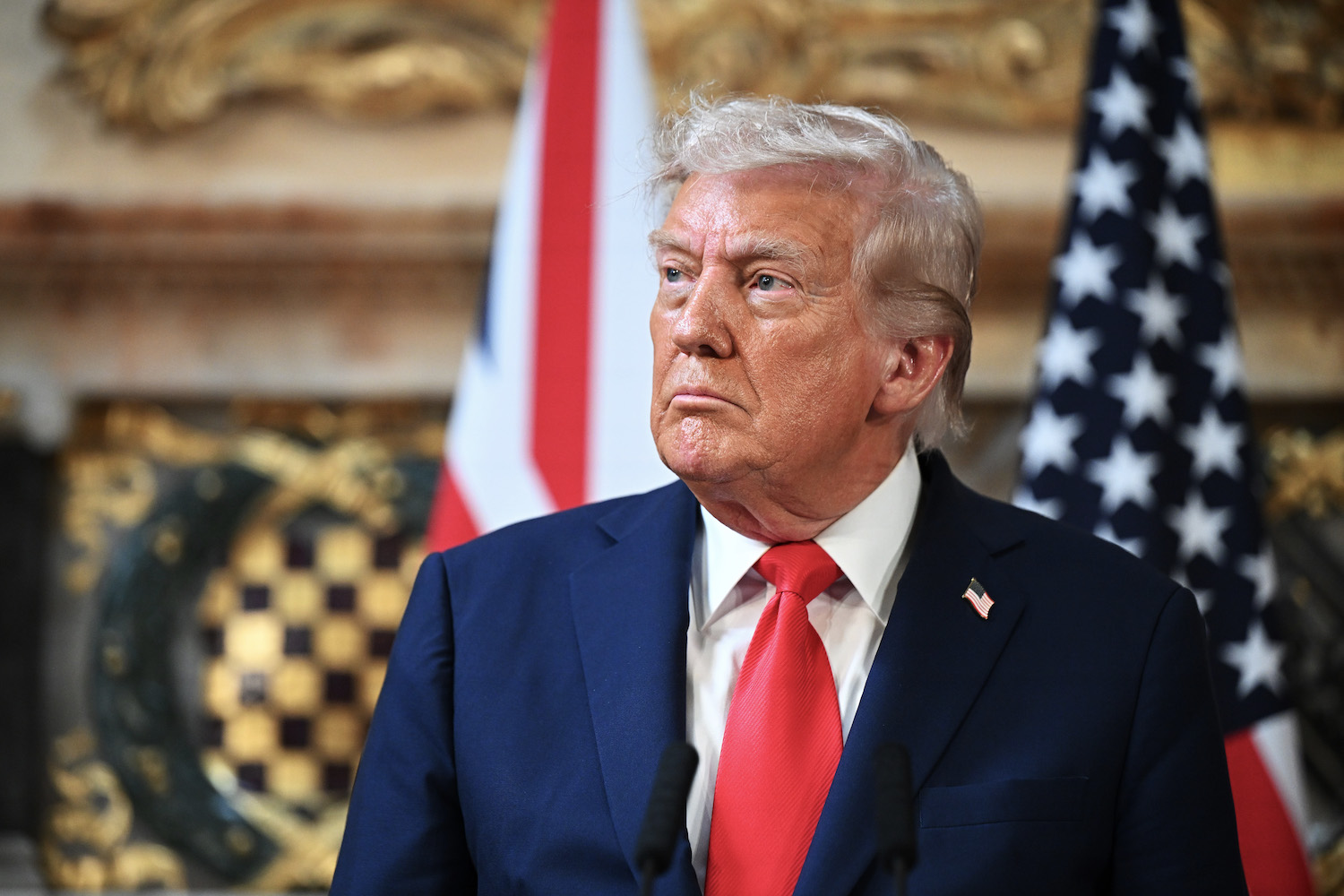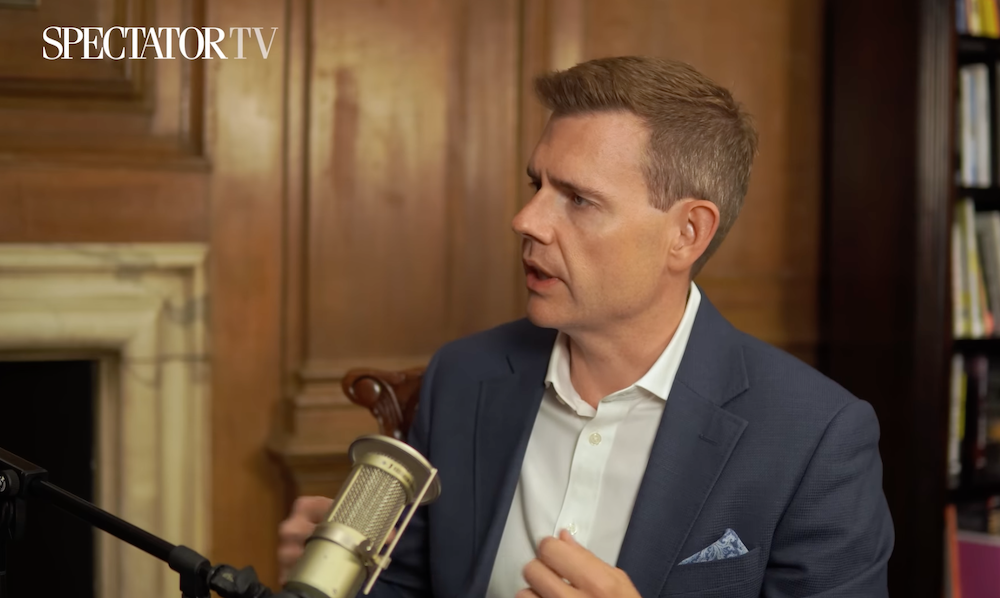There was a grain or two of truth in what Donald Trump said last week about migration. A polity is indeed vulnerable to being eaten from the inside by the entry of large numbers of people from very different backgrounds who are not inclined to embrace its culture in preference to their own. But the same does not go for his further advice that the best way to stop the rot was by bringing in the military.
For one thing, there would be legal difficulties. By international treaty every country has to require its vessels to do what they can to rescue those in danger of being lost at sea. This applies even to those cynically abusing the rule by engaging, like many Channel migrants, in moral blackmail by deliberately endangering themselves and then demanding to be picked up. There is also grave doubt about the right of UK government vessels who have picked up would-be migrants to enter French territorial waters with a view to forcibly landing a bevy of unwilling passengers on the French coast. This is just the start of a long list of legal hurdles.
The real difficulty, however, is practical. The US has it fairly easy, because illegals largely arrive by land. They can be be physically stopped at the border fence by the police and military, and if they do get through they can be returned by land (or flown back across the border). By contrast, in the UK illegal migrants arrive mainly by sea. You can’t just put up a fence in the middle of the Channel.
As it is, the Royal Navy is short of ships, men and money. It almost certainly does not have the resources to patrol the Channel in a never-ending search for overloaded dinghies heading north. But leave that aside for a moment. Here’s the next poser: what is a Navy cutter meant to do when it finds a migrant boat? Sinking it is unthinkable. Pushing an unseaworthy inflatable a dozen miles or more through choppy seas to the French coast is probably not a practical proposition. Forcibly embarking passengers who do not wish to be returned to France is a tall order logistically: sailing there with up to 100 desperate and possibly mutinous foreigners on board and then compelling them to disembark, a yet taller one.
Deploying the Navy, in short, is a desperate solution that will not work. But this does not mean that the problem is insoluble. With Britain the real difficulties lie in the combination of human rights laws and lax practices that make it very difficult to dislodge illegal migrants once they get here. What we need is ways to avoid being thus presented with a fait accompli. And they may well exist.
First, it is unusually easy in the UK for those not entitled to work here to disappear into the grey economy. This needs to be stopped. One solution might be to require every irregular arrival, without exception, to provide fingerprints, and then mandate that all employers, on pain of a very dissuasive penalty, demand a fingerprint which can be compared with a database of irregular migrants.
Secondly, there is much to be said for reversing the present system requiring applicants for asylum to be in the UK, and instead insisting on as many claims as possible being made from abroad (as some other countries, such as Hungary, do). If we said that asylum claims were presumptively paused so long as a person was here without any right to be, this would provide a wholesome incentive not to migrate first and make difficulties later.
Trump has still done this country a service
Third, some legal protections for unlawful migrants could do with rethinking. Currently, for example, the ECHR entitles them, however undeserving they may be, to state protection from destitution, and hence to support. It also makes difficult their deportation to countries where their human rights might be endangered. The Modern Slavery Act provides a further perverse incentive (and something of a back-door right of entry) by making it difficult to remove any victim: reports are that in the last six months, applications to prevent deportation on this basis have mushroomed.
True, at present Keir Starmer and Attorney General Lord Hermer regard the ECHR, the Refugee Convention and laws such as the Modern Slavery Act as the next best thing to Holy Writ. But sooner or later one suspects that whatever they say the government will have to admit the unthinkable: not even human rights and similar laws can be seen as beyond argument where the interests of the British people are at stake.
Trump may be wrong about sending in the Navy. But he has still done this country a service by saying what the ruling class refuse to say. The migration crisis demands unsentimental and possibly unpalatable measures. If only for that, Mr President, we are grateful to you.








Comments